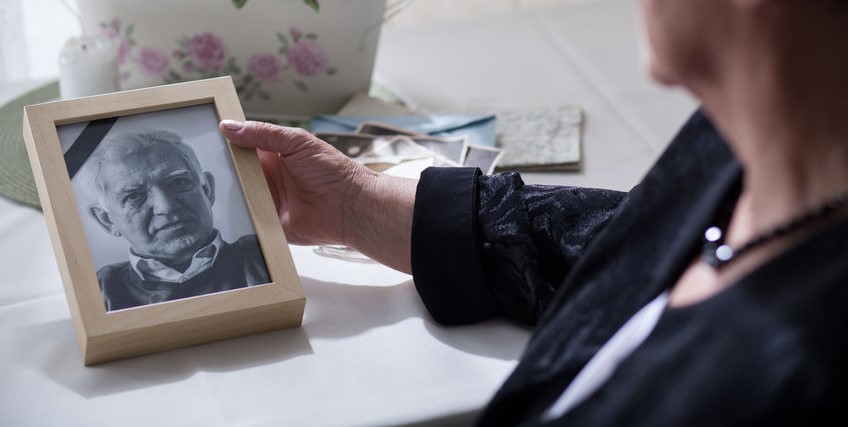The death of a resident impacts so many in a community . . . here are some critically important truths about bereavement that are little spoken of.
By Karen Nicola
The senior community administrator sat across the desk from me more than a little flustered. He was trying to express the conflict between offering an enriched, life-engaging environment for his residents and struggling with the ever-present reality that each resident, brings with them — their own mortality.
Filling each day with meaningful activities and opportunities for growing new friendships is high on his agenda. Yet, knowing that grief also resides within the halls of the community draws forth his deepest sympathy and growing concern.
How Do You Do This?
He looked at me, sighed and said, “So how do I do the other part? You know, the part that prepares us all for each resident’s death?”
The death of a resident impacts so many in his community . . . every community. Its tentacles slithering into every aspect of the community. So I leaned in and we began to explore eight critically important truths about bereavement that are little spoken of. Here are a few of the ideas we discussed that summer day in the administrator’s office.
Ideas
Grief is more like an octopus than an eel. Learning to interact with grief in a healthy way requires more than one strategy or piece of understanding.
- No two griefs are the same. Each person, staff or resident will grieve within their own temperament, personality, past history, social and cultural differences, gender, and faith backgrounds
- Grief can be passive, chronic, active and intense
- The well-known “5 Stages of Grief” are limited and often cause more confusion than comfort
- Multiple and cumulative losses that have been left unattended are fertile ground for denial, addictions, living stuck in anger or depression
- Our culture doesn’t show us how to grieve well
- Limited physical and mental capacities as residents age, may interfere with traditional healthy grief steps for them
- The absence of supportive and meaningful traditions for staff after the death of a resident may reduce productivity and lower job satisfaction
- Understanding that grief is natural, normal, and necessary opens the way for creating better policies, procedures, traditions and methods of supporting both the grieving and those who comfort them
With these eight arms of grief awareness in our sights, we are prepared with clarity and insight to face the depth of grief’s murky waters.
The administrator thanked me for the time we openly shared this important topic. He realized that our conversation was just the beginning of becoming a preemptive leader. Together we made an action plan for preparing each resident and staff member for the inevitable sorrow and grief that is part of the senior living community.
As I drove away, I couldn’t help but smile, knowing that one more senior community was closer to being enriched with both grieving and comforting skills.







